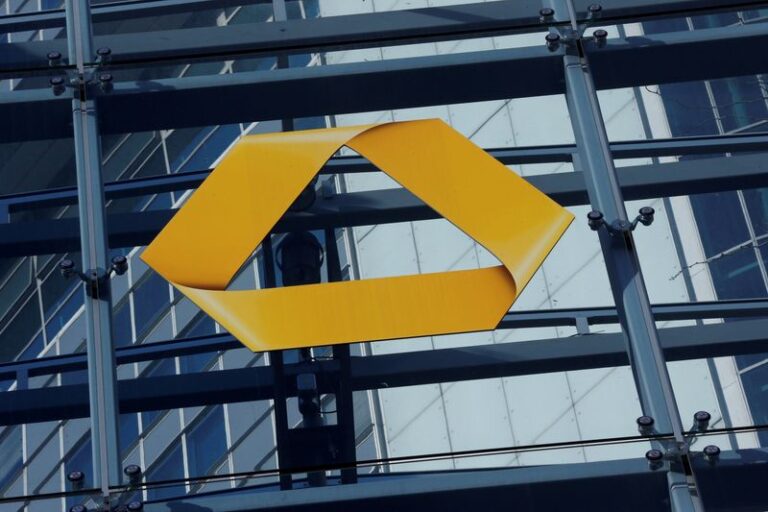Qatar will ‘stop’ EU gas sales if fined under due diligence law
Stay informed with free updates
Just sign up EU business regulation myFT Digest – delivered straight to your inbox.
Qatar has threatened to cut vital gas shipments to the EU if member states strictly enforce new legislation that will punish companies that fail to meet set standards for carbon emissions, human and labor rights.
Qatar’s energy minister, Saad al-Kaabi, told the Financial Times that if any EU country imposes penalties for non-compliance with the corporate due diligence directive, Doha will stop exporting its liquefied natural gas to the bloc.
The law requires EU countries to establish powers to impose fines for non-compliance with a ceiling of at least 5 percent of a company’s annual global revenue.
“If I lose 5 percent of my income by going to Europe, I will not go to Europe. . I’m not bluffing,” Kaabi said. “Five percent of QatarEnergy’s revenue means 5 percent of Qatar’s revenue. This is the people’s money. . . so I can’t lose that kind of money, and no one will accept losing that kind of money.”
The EU adopted the corporate due diligence rules in May of this year. They are part of a wider set of reporting requirements aimed at bringing companies in line with the EU’s ambitious goal of achieving net zero emissions by 2050.
But the directive has sparked widespread backlash from companies both inside and outside the EU, which have complained that the rules are too onerous and put them at a competitive disadvantage.
Cefic, the chemical industry body, said the due diligence rules “will create significant litigation risks” and should be carefully evaluated to “identify and address areas for simplification and burden reduction so that . . . to limit the impact of liabilities”.
Non-EU companies will be liable under the directive if they have a net turnover of more than €450 million in the bloc.
Qatar is one of the world’s leading LNG exporters and has become a more important supplier of gas to Europe in the wake of turmoil in energy markets caused by Russia’s invasion of Ukraine.
As European countries seek to wean off Russian gas, QatarEnergy has signed long-term contracts to supply gas to Germany, France, Italy and the Netherlands.
Kaabi suggested that in its current form, the legislation, which is due to take effect from 2027, would be unworkable for companies such as state-owned QatarEnergy, of which he is also the chief executive.
He said the company would be required to conduct due diligence on the working practices of all suppliers in the group, with a global supply chain that includes “100,000” companies.
“I probably need a thousand people with the size I have and the billions we spend, or [would need to] spend millions on the service. . to go and audit every supplier,” he added.
Kaabi said it would also be impossible for a power producer like QatarEnergy to meet the EU’s net zero goal because of the amount of hydrocarbons it produces, as the directive stipulates.
The EU directive includes an obligation for large companies to adopt a transitional climate change mitigation plan that is in line with the 2050 climate neutrality goal of the Paris Agreement, as well as intermediate targets under the European Climate Law.
Kaabi said the legislation would affect all of Qatar’s exports to Europe, including fertilizers and petrochemicals, and could also affect investment decisions by Qatar’s investment authority, the sovereign wealth fund.
He said QatarEnergy would not breach its LNG contracts but would consider legal avenues if faced with serious penalties.
“I will not accept that they fine us,” he said. “I will stop sending gas to Europe”.
However, Kaabi suggested that there could be room for compromise if the sanctions targeted only revenues generated in Europe, rather than total global revenues.
“If they said the penalty is 5 percent of the revenue you get from that contract that you sell to Europe, I say, “Okay, I have to appreciate that. Does that make sense?” he said. “But if you want to reach my total generated income, come on, it doesn’t make sense.”
European Commission President Ursula von der Leyen last month promised to propose “omnibus” legislation that would reduce reporting requirements from a number of the bloc’s green finance laws, including the due diligence directive.







